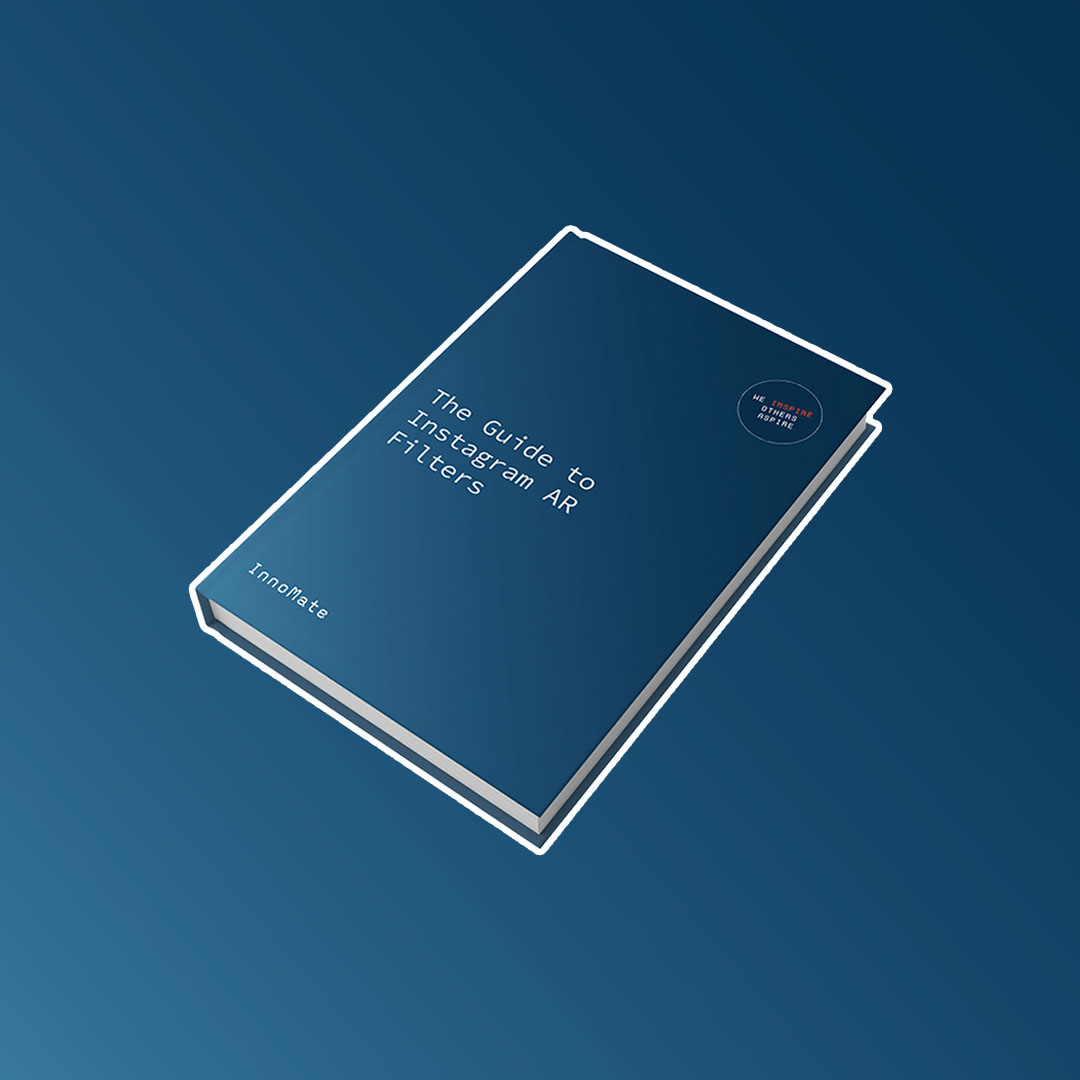AR filters used to be just fun add-ons for social media, but now they’re a big deal for fashion brands. They let you try on clothes, accessories, and makeup right on your screen, making shopping more interactive and fun. This makes customers more involved and is changing the way we shop.
Virtual Try-Ons
One of the most significant applications of AR filters is virtual try-ons. Customers can see how a piece of clothing looks on them without physically trying it on. This is not only convenient but also addresses issues like size and fit, which are major concerns in online shopping. Virtual try ons may be implemented on social media, website, but also as the in-store AR Mirror.
Nike
Balenciaga
Tommy Hilfiger
Interactive Marketing Campaigns
Fashion brands are using AR filters to create interactive and engaging marketing campaigns. These filters are a perfect fit for social media campaigns, as they allow users to try on products and share their experiences, thus leveraging user-generated content.
Gucci
Ralph Lauren
Bershka
Benefits of AR Filters in the Fashion Industry
Increased Engagement and Sales
AR filters provide a unique and engaging shopping experience, leading to increased customer interaction and potential sales. They bridge the gap between online and offline shopping, offering a try-before-you-buy experience.
Sustainable and Cost-Effective
Virtual try-ons contribute to sustainability by reducing the need for physical samples and returns. They are also cost-effective for brands, eliminating the need for extensive physical inventory for trials.
Data Collection and Personalisation
AR filters enable brands to collect valuable data about customer preferences and behaviours. Based on this data brands can offer personalised recommendations, enhancing the customer shopping experience.
Success Stories in Fashion AR
Luxury Brand Collaborations
Many luxury brands have successfully integrated AR filters into their marketing strategies. For instance, Dior has permanently integrated AR into its marketing strategies at every stage of the marketing funnel. OOH campaigns, product packaging or virtual fittings, all of those resulting in a significant boost in online engagement and sales.
Fast Fashion and Social Media
Fast fashion brands have also embraced AR filters, particularly on social media platforms. These brands create filters that align with current fashion trends, encouraging users to engage and share their experiences.
Amazon Fashion
Uniqlo
H&M
In conclusion, Augmented Reality (AR) filters are not merely a passing trend but a revolutionary development within the fashion industry. By blending the digital and physical realms, AR filters have transformed how consumers interact with fashion brands, from trying on clothes virtually to engaging with immersive marketing campaigns.
These innovations offer numerous benefits, including enhanced customer engagement, increased sales, sustainability, cost efficiency, and opportunities for personalised shopping experiences.
The success stories of luxury and fast fashion brands utilising AR filters underscore their effectiveness in boosting online engagement and sales, proving that AR technology is a critical component in the future of fashion marketing and sales strategies. As we continue to navigate this digital age, AR filters stand out as a key driver in the evolution of the fashion industry, offering a glimpse into a future where technology and fashion are inextricably linked.
Ready to bring the AR filters to your fashion brand?
Contact us to get AR filters formats tailored to your communication!








